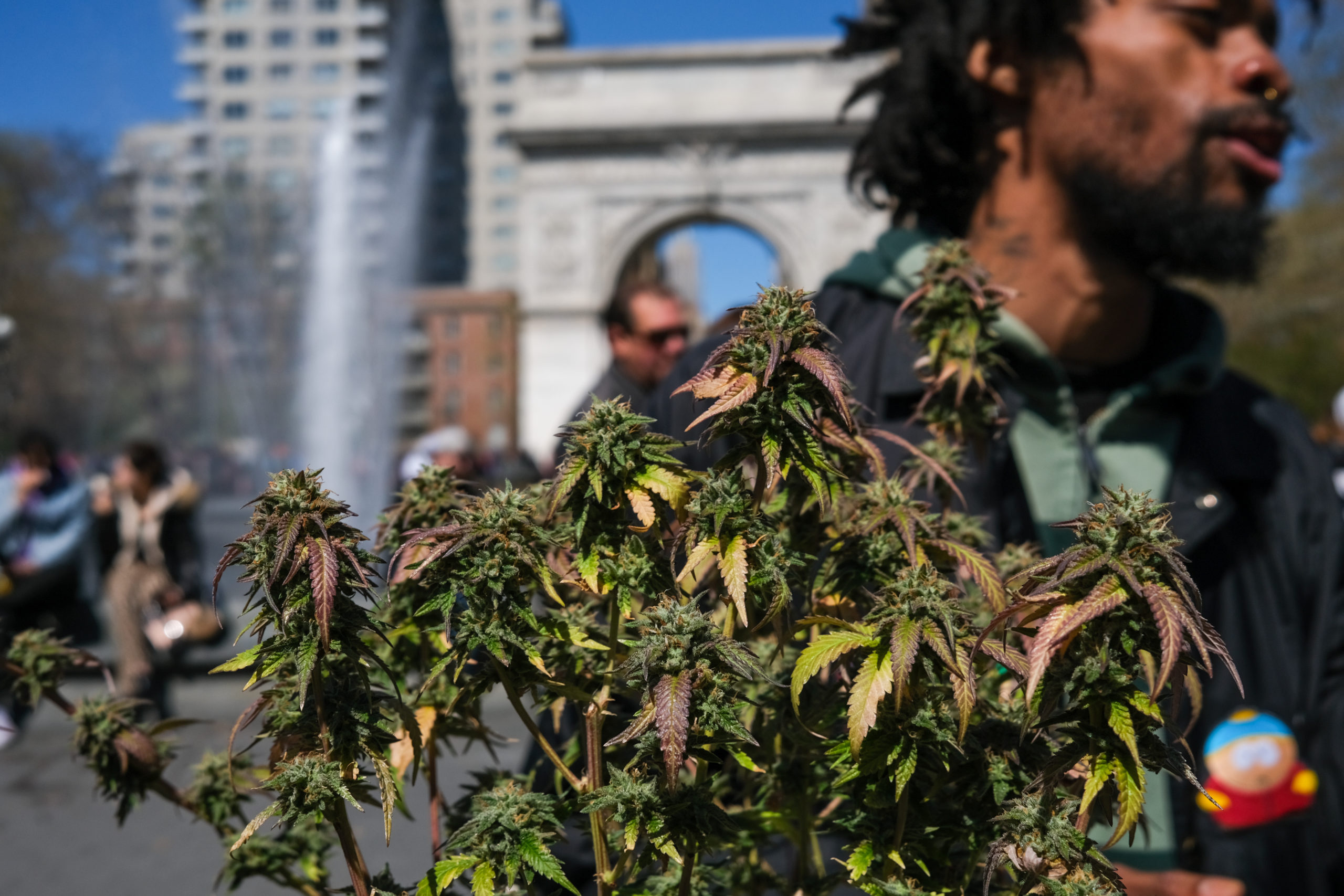Pot and the Abyss
State of the Union: Marijuana is indeed a “revolutionary” drug.

The Peter Hitchens essay on marijuana legalization leading our site is typically well done and thought-provoking.
Hitchens touches on many of the themes from our reporting on the failed pot legalization initiative in Oklahoma. Voters in Oklahoma had both practical and cultural concerns with recreational pot. They worried about the medical effects, especially on adolescents. They also saw the widespread gang activity that followed the state’s legalization of medical marijuana years earlier and feared recreational use would exacerbate the problem. But they also worried about the cultural effects of legalizing a drug that, by its nature, is anti-social.
Wherever its use becomes widespread, marijuana births certain habits, opinions, and values. It tends to make people apathetic, less capable of appreciating higher things, and more willing to tolerate disorder. As Hitchens notes, “Drugs destroy the old landscape of literature and art, and leave blighted minds craving different sorts of satisfaction.”
Both proponents and opponents of marijuana legalization recognize that the cultural question, not medical or legal effects, is at the heart of the dispute. One of the most striking quotes I found while researching the Oklahoma legalization referendum came from Lawrence Pasternack, a proponent of legalization. He called his opponents “anti-revolutionary forces” who “want to return Oklahoma to their dream of this bygone era” and “see marijuana as anathema to that dream.”
Subscribe Today
Get daily emails in your inbox
That is true, I think. Marijuana, despite its proponents’ pretensions to the contrary, is a revolutionary drug at the level of its effects. Its proponents want to smoke, yes, but they also want the social revolution widespread pot use entails—the indifference, the apathy, the empty pleasure that robs man of the joy for which he was created.
Its opponents, then, are “anti-revolutionaries.” They stand between proponents and an abyss that Hitchens describes in his essay’s close:
Back in the 1960s, my generation thought we could have a Revolution in the Head. I remember it, the shiver of anticipated pleasure and longing, the Pied Piper’s enchanting tune luring us away from the dull and the workful, the dutiful and the ordinary. We thought it would free us. Many still think this and have not noticed, as they skip and dance through the grim gates of the new world, what is written above them—something about abandoning hope, though the lettering nowadays is much obscured by moss and decay—and how strangely dark it looks down there.
Comments